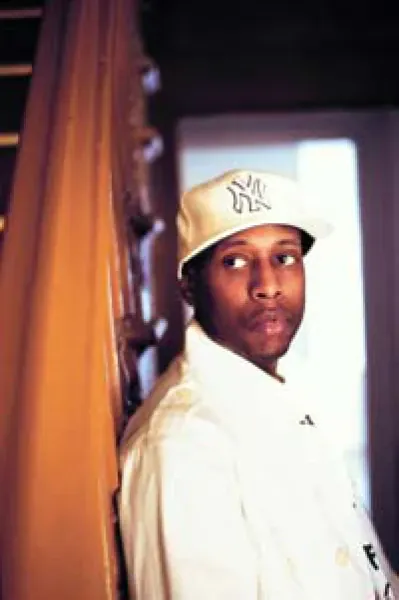Talib Kweli - MSNBC Interview on Stop-and-Frisk lyrics
[Chris Hayes] Talib, you're a New Yorker. I'm curious about your reaction to the ruling today. have you ever experienced firsthand stop-and-frisk. [Talib Kweli] Oh yeah, I've experienced stop-and-frisk all over the world: in New York City, in Japan last month. I had police stop me. You know, it's hard for people who don't go through it and don't live in neighborhoods where it's happening to understand how degrading it feels. I mean, if we're just talking on a constitutional level, you know, we have certain rights, and what they're telling people by accepting stop-and-frisk as a policy, you're telling people, “because you live in a poor neighborhood, it's your fault and you deserve to be criminalized." And that's not constitutional, it's not fair. [Hayes] Phil, It's interesting to me that the judge cited the Trayvon Martin case numerous times in the opinion, in the 200-page opinion issued today. Racial profiling and legal redress for the racial profiling is one of the issues you're occupying the capitol over. Do you think there's a connection between what we say in Trayvon Martin's d**h and the trial afterwards and the decision out of New York today? [Phillip Agnew] I think what Brother Talib said is correct. I think young people of color experience racial profiling in New York and in Chicago. Just recently here in Miami, a young man, Israel Hernandez, was tased to d**h for tagging an abandoned McDonald's in Miami. I think it's a problem we see everywhere. As the brother said, it is hard to understand racial profiling if you haven't been the victim of it, and I think the policing methods that we've been using need improvement and there needs to be greater monitoring by communities over their police departments. [Hayes] What do you say to the argument we heard from Councilman Vallone and hear from a lot of folks: this is ultimately done for the protection of black and brown men of color who are the most likely to be victims of crime? [Kweli] Well, you know, the key is, you want police to have good relationships with the community. That's the only way that you're going to move forward. Look, if I walk to the ATM at two in the morning and a cop who I know I've had negative experiences with starts aggressively asking me questions, and I know I haven't done anything wrong it might escalate into something. It creates an environment for violence. This, us being against stop-and-frisk, being against zero tolerance laws like that, is not a eff police thing at all. We love the people in our community. We want to see better police, community policing, better monitoring. If you continue to unconstitutionally criminalize a generation of people, it will become eff the police and that's no good for anybody.
